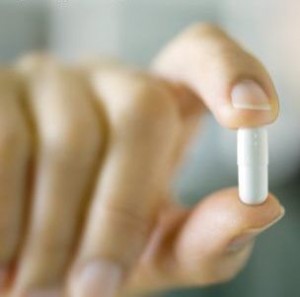Scientists have created an antibiotic, that kills all germs
A new type of antibiotic teiksobaktin, grown in soil, It kills a wide range of Gram-positive bacteria, which have become immune to other drugs. It is reported in the journal Nature.
It is reported, that the chemical basis of most modern antibiotics has been discovered in the "golden age" of this type of drugs (1940-it is – 1960-years) from soil bacteria and fungi. Since all microorganisms are increasingly show resistance to antibiotics, on the market there are fewer new drugs.
Pharmaceutical companies do not want to invest in expensive drugs, that in the near future will be guaranteed to be ineffective.
But an international team of microbiologists succeeded in finding a new source of antibiotics. They gave up easily grown in the laboratory bacteria and learned to cultivate the rare representatives of the underground flora – via device iChip, allowing the cells to be grown directly in natural soil conditions.
After scanning approximately 10000 strains of soil bacteria, scientists drew attention to the bacterium Elephtheria terrae: its antibiotic (called teiksobaktinom) It affects not proteins of other microorganisms, and their cell membranes.
According to its principle of operation is similar to teiksobaktin antibiotic vancomycin. Resistance to vancomycin emerged through 40 years after its discovery in 1953 year. Teiksobaktinu such a fate is not threatened: scientists claim, that resistance to teiksobaktinu his victims in the foreseeable future will not be generated.

